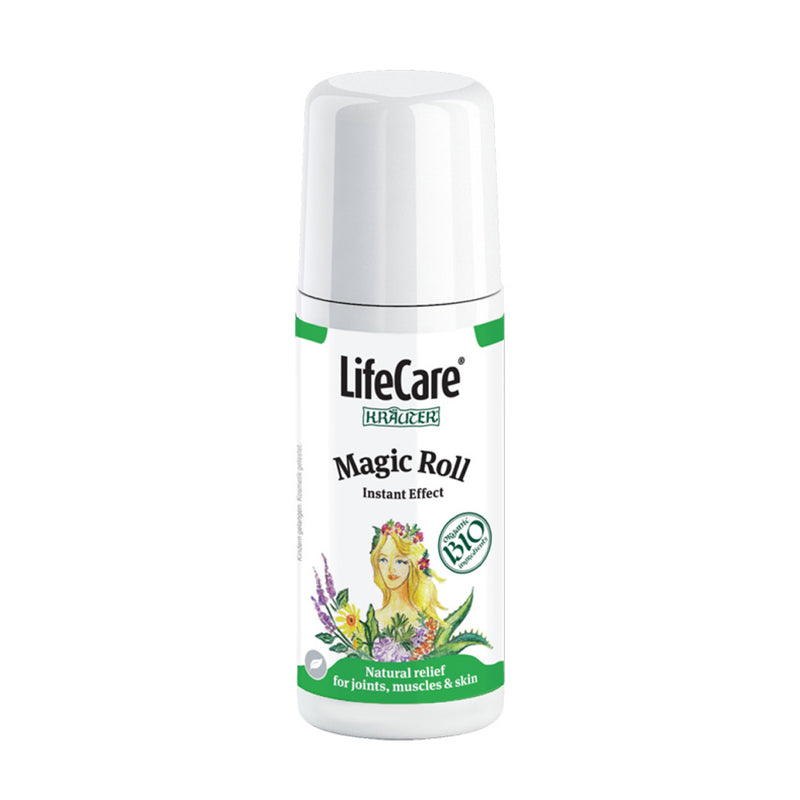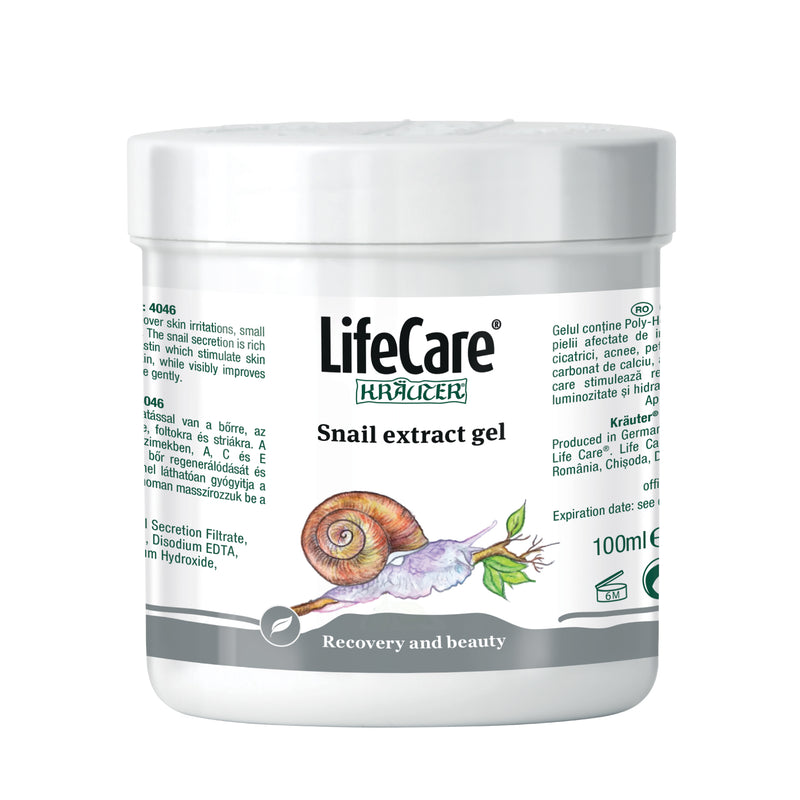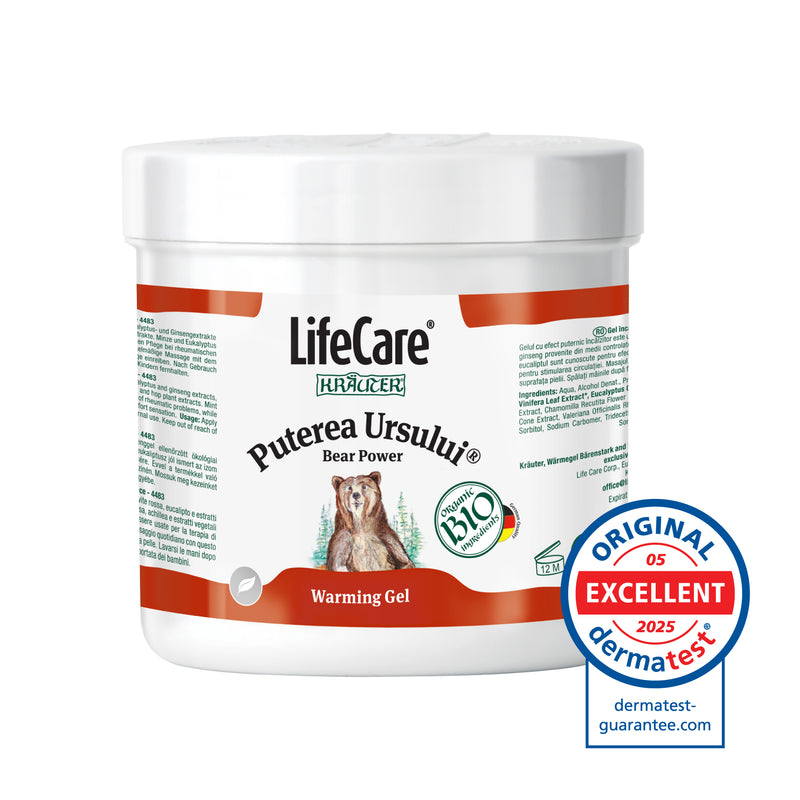Vitamin C is essential for our health due to its multiple vital functions. It helps to strengthen the immune system, contributing to the fight against infections and different conditions.
It also plays a crucial role in collagen synthesis, which is important for the health of skin, bones and connective tissues. Vitamin C has antioxidant properties, protecting cells against oxidative stress and damage caused by free radicals. It contributes to the absorption of iron from foods, thus preventing iron anemia.
Therefore, an adequate intake of vitamin C is essential for maintaining an optimal health and preventing some conditions.
Here's what we will talk about in this article:
1. Vitamin C: type, absorption, elimination and storage
2. What are the benefits of vitamin C for health?
3. What are the benefits of vitamin C for beauty?
4. Sources of Vitamin C - fruits, vegetables, superfoods
5. Who is it advisable to consume vitamin C dietary supplements?
6. What is the recommended daily dose of vitamin C for different age categories?
7. Conclusion
1. Vitamin C: type, absorption, elimination and storage
Vitamin C is part of the category of water soluble vitamins, which gives it specific features in terms of how it is absorbed, used and eliminated by the body.
Vitamins like vit. C is dissolved in water. This influences how these vitamins are transported in the body and stored. Once ingested, vitamin C is rapidly absorbed into the blood through the small intestine. Because it is soluble in water, it circulates freely in body fluids and does not need lipids or fats to be absorbed, as opposed to fat -soluble vitamins (A, D, E, K).
The absorption degree of vitamin C decreases as the ingested dose increases. For example, at low doses (30-180 mg per day), absorption is about 70-90%, but at higher doses (over 1 gram per day), the absorption rate decreases to less than 50%.
Once absorbed, vitamin C is transported by blood to tissues and cells, where it performs essential functions, such as collagen synthesis, antioxidant protection and support for immune function.
Unlike fat -soluble vitamins, which can be stored in fat and liver tissues, water soluble vitamins are not stored in significant quantities in the body. This means that the body needs a constant intake of vitamin C to maintain the appropriate levels, because there are no long -term reserves to be used in a period of deficiency.
Excess vitamin C that is not used immediately by the body is quickly eliminated through the urine. This process of elimination through the kidneys and urine helps maintain an optimal balance in the body and prevents toxic accumulation. Usually, the body filters and eliminates the surplus of vitamin C in a few hours after ingestion.
Because excess vitamin C is eliminated effectively through the urine, the risk of toxicity is low. However, the consumption of extremely high doses of vitamin C (for example, more than 2 grams per day) can cause gastrointestinal discomfort, such as diarrhea.
Vitamin C has a relatively short half -life in the body, ranging from several hours to several days, depending on the levels of vitamin C in the body and the physiological needs. In general, vitamin C is quickly processed and eliminated, which makes it difficult to accumulate large quantities in the body.
Due to the rapid elimination of vitamin C, it is essential to have a regular intake to maintain appropriate levels in the body. Daily consumption of fruits and vegetables rich in vitamin C is crucial to prevent deficiencies.
In general, for adults, the recommended daily dose of vitamin C is about 75 mg for women and 90 mg for men. These quantities are sufficient to prevent deficiencies and to support the normal functions of the body.
The National Health Institute in the United States (NIH) has set a maximum tolerable dose for 2000 mg per day for adults. This is considered a safety limit for most people.
These features make vitamin C an essential vitamin that should be consumed daily to support general health.
2. What are the benefits of vitamin C for health?
Vitamin C is known for its many health benefits. Plays a crucial role in strengthening the immune system. It stimulates the production of white blood cells, essential for the fight against infections.
It also improves the function of the skin barrier and protects against oxidative stress caused by free radicals. For example, people who have pneumonia tend to have lower levels of vitamin C, and vitamin C supplements have shown that they shorten the recovery time.
Vitamin C is an effective antioxidant that neutralizes free radicals, protecting oxidative damage cells. This helps prevent chronic diseases, such as heart disease, and slows down the process of cell aging. Studies show that vitamin C consumption can increase the level of antioxidants in the blood by up to 30%.
By reducing blood pressure, improving endothelial function (functioning of blood mucosa) and reducing inflammation, vitamin C can help prevent cardiovascular disease.
An analysis of 29 medical studies on people found that the administration of a vitamin C supplement has reduced, on average, systolic blood pressure (upper value) by 3.8 mmHg and diastolic blood pressure (lower value) by 1.5 mmHg, in healthy adults.
Vitamin C helps in the absorption of iron from vegetable sources in the intestine, which can prevent feripriva anemia, especially in people who follow vegetarian or vegan diets. The consumption of only 100 mg of vitamin C can improve iron absorption by 67%.
Vitamin C is essential for collagen synthesis, an important structural protein in cartilage, bones and skin. Therefore, it contributes to maintaining the health of bones and joints and can prevent conditions such as osteoporosis.
Due to its role in collagen synthesis, vitamin C helps to accelerate wound healing and burns. It can also reduce the risk of infections in the lesions.
3. What are the benefits of vitamin C for beauty?
Vitamin C is a popular ingredient in cosmetics due to its ability to stimulate collagen production. This helps maintain skin elasticity, reducing wrinkles and preventing signs of premature aging.
Vitamin C can help reduce hyperpigmentation, such as dark stains and melasma by inhibiting melanin production. Regular use of serums with vitamin C can lead to brighter and more uniform skin.
Although vitamin C is not a substitute for sun protection, it has a protective effect against UV rays by neutralizing free radicals generated by sun exposure. This can reduce the risk of sunburn and long -term damage.
Due to its anti -inflammatory properties, vitamin C can help soothe irritated skin and reduce rose associated with conditions such as acne or rosacea.
By supporting collagen production, vitamin C can also contribute to the health of hair and nails, preventing their fragility and promoting healthy growth.
In conclusion, vitamin C is essential not only for general health, but also for maintaining a young and radiant appearance of the skin, hair and nails. Integrated into the diet and used locally, vitamin C can bring significant benefits from both the interior and from the outside.
4. Sources of Vitamin C - fruits, vegetables, superfoods
Vitamin C is essential for many biological functions and has proven health effects, including its role as an antioxidant, supporting the immune system, and improving skin health and healing process. It is found in a variety of fruits, vegetables and superfoods. Here is a list of sources rich in vitamin C:
- Fruits
Orange: 53 mg vit. C/100 g.
Grapefruit: 31 mg vit. C/100 g.
Lamai: 53 mg vit. C/100 g.
Mandarins: 26 mg vit. C/100 g.
Strawberries: 59 mg vit. C/100 g.
Raspberry: 26 mg vit. C/100 g.
Black currants: 181 mg vit. C/100 g.
Kiwi: 93 mg vit. C/100 g.
Mango: 36 mg vit. C/100 g.
Papaya: 60 mg vit. C/100 g.
Guava: 228 mg vit. C/100 g. (One of the richest sources of vitamin C).
- vegetables
Red fat peppers: 190 mg vit. C/100 g.
Green peppers: 80 mg vit. C/100 g.
Broccoli: 89 mg vit. C/100 g.
Cauliflower: 48 mg vit. C/100 g.
Spinach: 28 mg vit. C/100 g.
Brussels cabbage: 85 mg vit. C/100 g.
Parsley: 133 mg vit. C/100 g.
- superfoods
Acai: 15 mg vit. C/100 g.
MORINGA: 220 mg vit. C/100 g.
Goji: 48 mg vit. C/100 g.
The consumption of fresh fruits and vegetables is the best way to obtain vitamin C. Preparation by boiling or cooking can reduce the content of vitamin C, so it is preferable to consume raw or slightly cooked.
You can include sources of vitamin C in smoothies and juices to improve daily intake. The addition of red peppers, spinach or broccoli in salads and gaskets is a simple way to increase the intake of vitamin C.
Integrating these foods into your diet can help maintain an optimal level of vitamin C and can support general health and beauty.
5. To whom is it advisable to consume vitamin C dietary supplements?
Vitamin C supplements can be useful for various categories of people who need additional vitamin C intake, or due to health conditions, or due to insufficient diet. Here's who could benefit from vitamin C supplements:
- people with nutritional deficiencies: who do not consume enough fresh fruits and vegetables, the main sources of vitamin C, may need supplements to reach their daily needs.
- Smokers: Smoking reduces the level of vitamin C in the body and increases the daily necessity. Smokers may need supplements to compensate for losses and maintain an adequate level of vitamin C.
- infections and chronic diseases: people with acute or chronic infections, such as frequent colds or inflammatory diseases, can benefit from vitamin C supplements to support immune function.
- gastrointestinal disorders: people with digestive problems affecting the absorption of vitamins (such as Crohn's disease or ulcerative colitis) may need vitamin C.
- pregnancy and breastfeeding: pregnant and breastfeeding women need larger amounts of vitamin C to support the development of the fetus and milk production. Supplements can be needed if diet intake is not enough.
- Recovery after surgery: Vitamin C plays an essential role in collagen synthesis and wound healing process. Supplements can be useful in the process of post-surgical recovery or after trauma.
- Feripriva anemia: Vitamin C improves the absorption of iron from vegetable sources. People with feripriva anemia, especially those who follow a vegetarian or vegan diet, can benefit from supplements to support iron absorption.
- elderly: elderly people may have insufficient intake of vitamin C in the diet and can benefit from supplements to maintain immune function and general health.
- Intense physical activity: athletes and people who engage in intense physical activities may need supplements to help muscle recovery and reduce oxidative stress.
Recommendations for the use of vitamin C supplements
Consult a specialist: Before you start a vitamin C supplement, it is advisable to talk to a nutrition doctor or specialist to evaluate the right need and dose, especially if you have pre -existing health conditions or follow a drug treatment.
Respect the recommended dose: follow the recommendations on the daily dose and avoid overdose, which can lead to adverse effects.
Consider food sources: supplements should not replace a balanced diet. It is always preferable to get vitamins and minerals from natural foods, such as fruits and vegetables.
Vitamin C supplements may be beneficial for certain people, but their use should be adapted to individual needs and discussed with a specialist.
6. What is the recommended daily dose of vitamin C for different age categories?
The recommended daily dose of vitamin C varies depending on age, sex and, in the case of women, pregnancy or breastfeeding. Here are the recommended values established by health institutions, such as the National Health Institute in the United States (NIH) and other health organizations:
infants
- 0-6 months: 40 mg per day
- 7-12 months: 50 mg per day
BOYS
- 1-3 years: 15 mg per day
- 4-8 years: 25 mg per day
- 9-13 years: 45 mg per day
- 14-18 years: 75 mg per day (boys) / 65 mg per day (girls)
Adults
- men: 90 mg per day
- women: 75 mg per day
Pregnant women
- 18 years: 80 mg per day
- 19-50 years: 85 mg per day
Women who are breastfeeding
- 18 years: 115 mg per day
- 19-50 years: 120 mg per day
Senior citizens
- men: 90 mg per day
- women: 75 mg per day
Compliance with the recommended doses of vitamin C is important for preventing deficiencies and maintaining a good health. Overdose, especially through supplements, can cause side effects, so it is important not to exceed the recommended daily dose without consulting a specialist.
Don't forget! Integrating natural sources of vitamin C into the daily diet can help maintain the proper intake.
7. Conclusions
Vitamin C. It turns out to be an essential nutrient for maintaining an optimal health, having a significant impact on the various functions of our body. Its role is not limited to supporting the immune system; The beneficial effects of this vitamin extend to many aspects of our health, from cell protection to skin health and connective tissues.
By neutralizing free radicals, vitamin C protects cells from oxidative stress, which is associated with premature aging and developing chronic diseases, including cancer and cardiovascular disease. This antioxidant property helps prevent DNA damage and reduces the risks associated with chronic inflammations.
In order to benefit from all these positive effects, it is important to obtain vitamin C from various food sources, such as fresh fruits and vegetables. Citrices, kiwi, strawberries, red peppers and greenery are just a few of the foods that are extremely rich in vitamin C.
Supplements can also be useful, especially in specific deficiency conditions or nutritional requirements. Thus, vitamin C is not only a basic nutrient, but a powerful ally in maintaining a healthy life. Therefore, to focus on a vitamin -rich diet and be careful about the signs that could indicate the need for a supplement, to ensure that we benefit from its valuable properties.
Article written by Andreea Corneanu, specialist marketing, Life who




